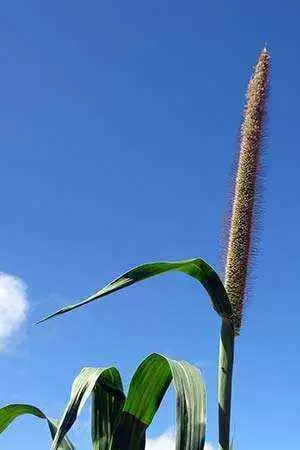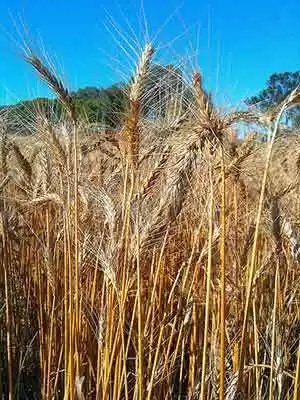
Celiac.com 05/14/2013 - Despite the fact that millet is more nutritious than wheat, as well as other gluten-free grains, modern science lacks the processing technologies to manufacture it on a large scale. Millet is an age-old grain, however we have yet to harness its full potential due to this drawback.
The preparation of millet includes fermentation, decortication, milling, and sieving. Most of millet being processed today is currently being down on a household level in rural areas, and due to this fact its availability is limited in urban areas. Another challenge with increasing millet production is making sure the nutritional properties are not depleted during the process.
Celiac.com Sponsor (A12):
Current health benefits of millet include high anti-oxidants which could mean a reduced risk of cancer. It is also used more and more in diabetic products because it is high in polyunsaturated fat.
While there currently isn't a system to produce millet on a large scale, there is research being done in this area. Perhaps in the near future we will see this grain being produced on the scale needed to make it common place in gluten-free products.
Source:
- Open Original Shared Link







Recommended Comments
Create an account or sign in to comment
You need to be a member in order to leave a comment
Create an account
Sign up for a new account in our community. It's easy!
Register a new accountSign in
Already have an account? Sign in here.
Sign In Now